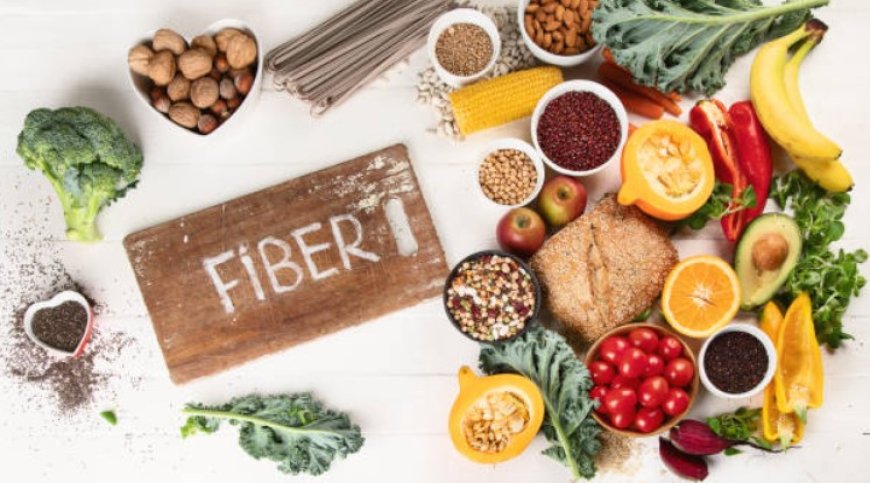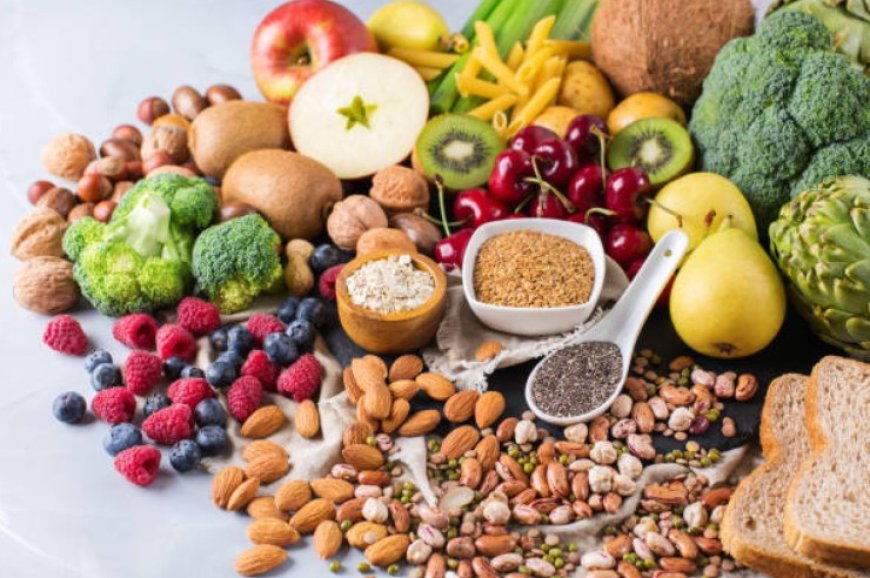Getting Enough Fiber: Essential Tips for a Healthy Digestive System
Learn about the different types of fiber, good sources of fiber, and how to increase your fiber intake to improve your digestive health and reduce your risk of chronic diseases.
How to Consume Adequate Fiber
One kind of carbohydrate that the body is unable to process is fiber. It is critical for maintaining digestive health and may lower the chance of developing long-term conditions like type 2 diabetes, heart disease, and stroke.
For adults, 25 grams of fiber per day for women and 38 grams for men is the recommended intake. But the average person only gets approximately 15 grams of fiber a day.
Soluble and insoluble fibers are the two different varieties. Soluble fiber can help lower blood sugar and cholesterol levels because it dissolves in water and produces a gel-like material. Because it gives stool more volume, insoluble fiber keeps the digestive tract healthy and does not dissolve in water.
Suitable sources of soluble fiber consist of:
*oats
* oat flour
• Barley
* Pulses
* Diced
* Legumes
* Fruits including berries, pears, and apples
* Vegetables including Brussels sprouts, broccoli, and carrots
Suitable sources of insoluble fiber consist of:
* Complete grains
* Bran wheat
* Grass
* Plants
* Vegetables including green beans, celery, and cauliflower
There are several strategies to enhance your consumption of fiber:
Consume more complete grains. Select whole-wheat varieties of rice, pasta, and bread over white ones. You can also include barley, quinoa, or oats in your lunch or breakfast.
* Consume extra fruits and veggies. Try to consume five or more servings of fruits and vegetables each day.
* Add lentils and beans to your meals. Lentils and beans are excellent providers of soluble and insoluble fiber.
* Munch on seeds and nuts. A portable and easy approach to increase your fiber intake is with nuts and seeds.
* Include fibre in your baked products. You can make your muffins, cookies, and cakes with whole-wheat flour, bran, or oats.
You might want to think about taking a fiber supplement if you are having trouble getting enough fiber from your diet. There are many different types of fiber supplements on the market, such as wafers, powders, and pills.
Here are some more pointers to help you consume more fiber:
* Take your time. Gas and bloating may result from increasing your fiber consumption too rapidly. To begin with, increase the amount of fruits, veggies, or whole grains you eat each day.
* Sip a lot of water. Water is absorbed by fiber, therefore it's critical to stay hydrated to prevent constipation.
* Whenever feasible, select foods high in fiber. When you go food shopping, make sure to choose items with lots of fiber. For information on the amount of fiber in each serving, you may also look at the nutrition label.
It's critical for your general health and wellbeing to consume adequate fiber. You may enhance the health of your digestive system and enhance your intake of fiber by implementing these strategies.











































































































































































































